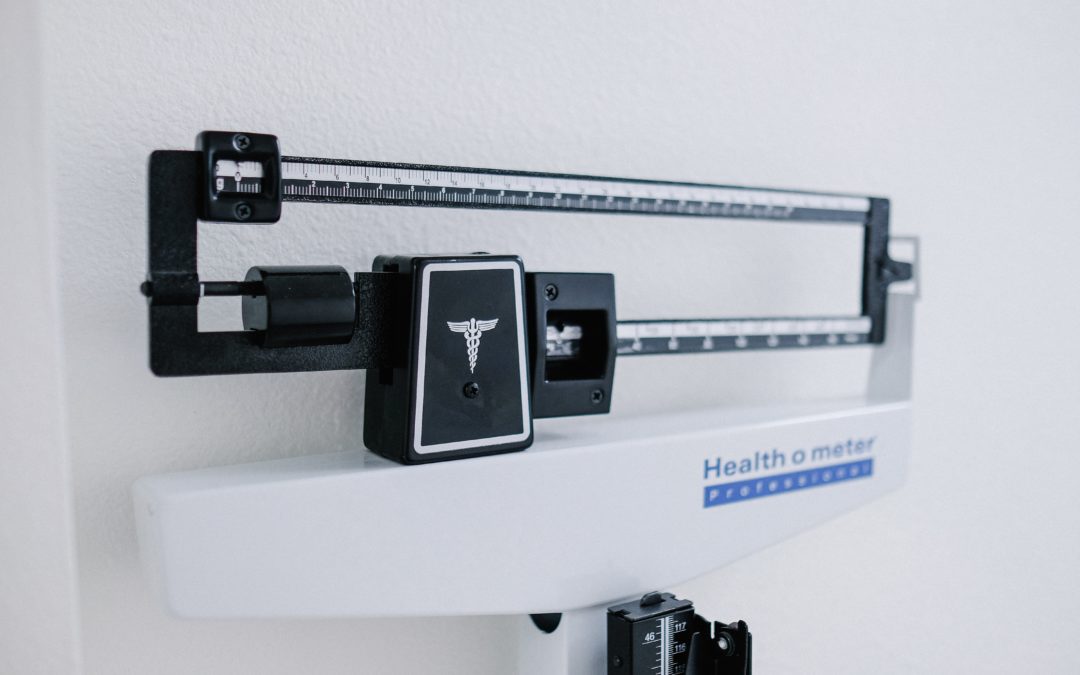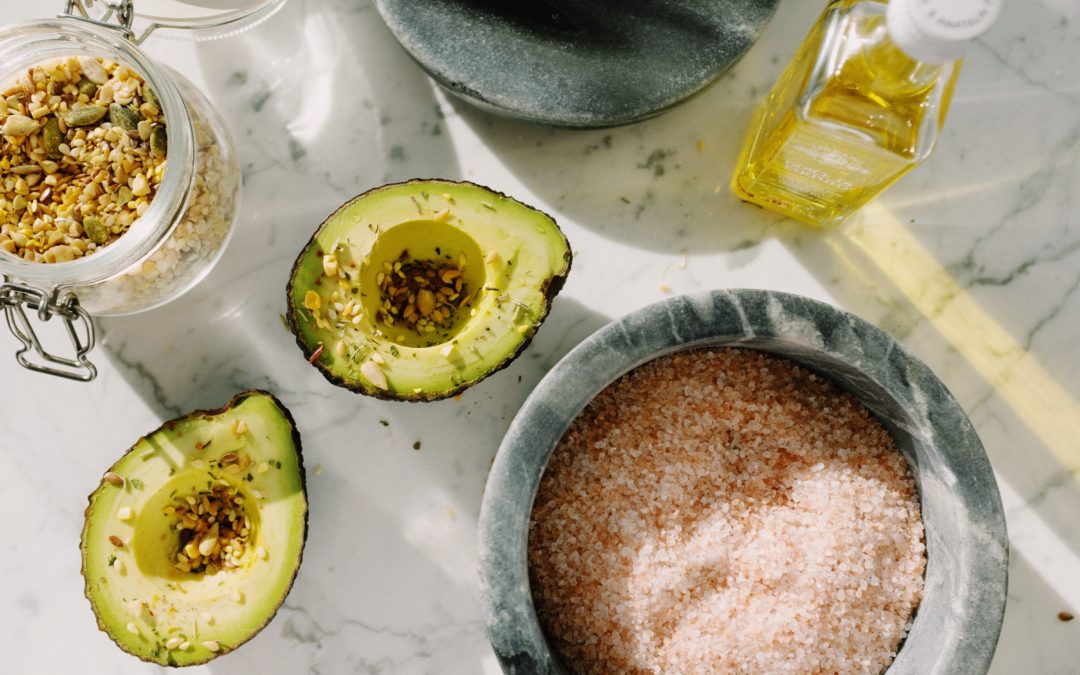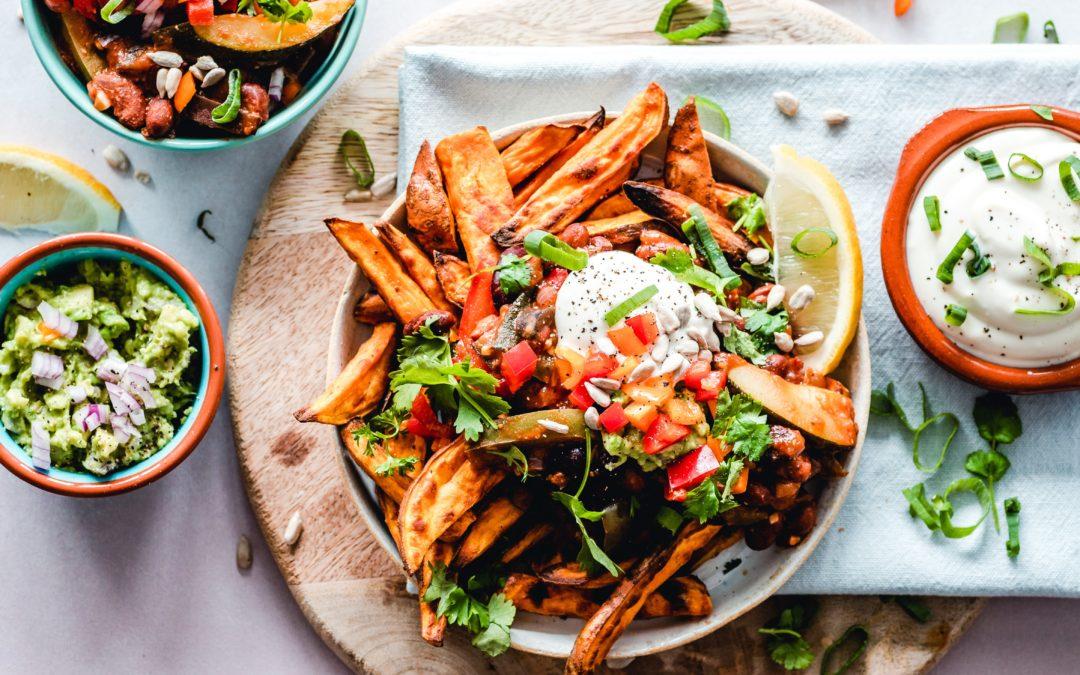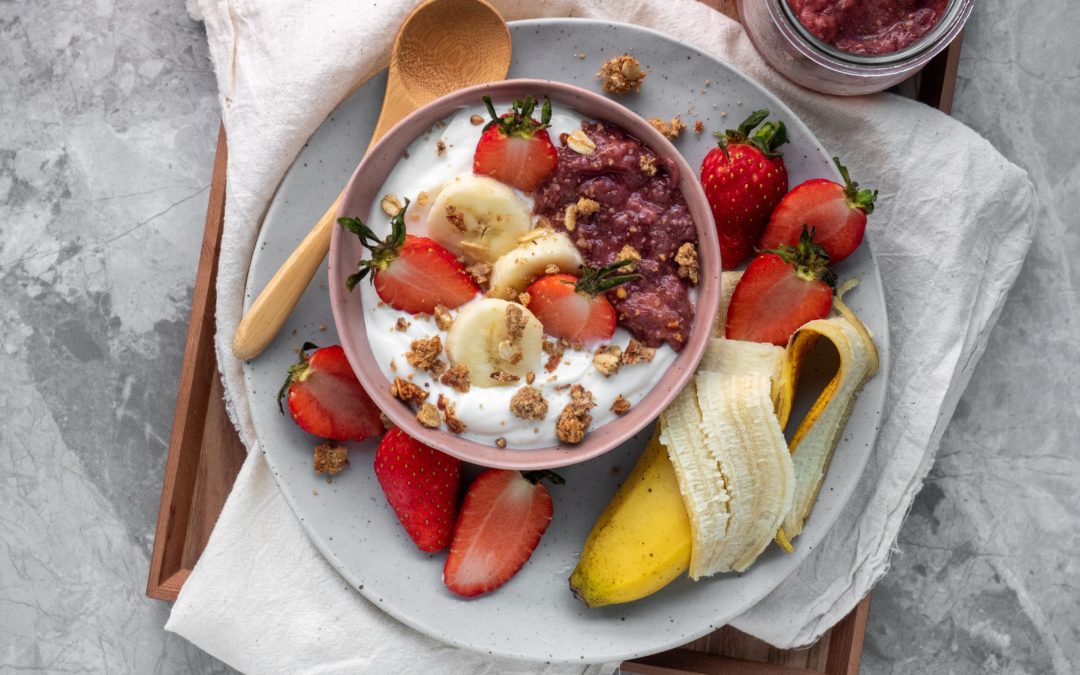
by Rachel McBryan RD | Sep 25, 2025 | Health Concerns
Gluten-Free Diet
Learn about celiac disease and how to start a gluten-free diet. Schedule your consultation today!

by Nutrition Assistant (AI) and Rachel McBryan RD | Jun 12, 2025 | Health Concerns, You asked us about the best diet
Explore dietary strategies for pre-diabetics with a vegetarian focus. Learn how to manage your health!

by Rachel McBryan RD and Nutrition Assistant (AI) | Apr 27, 2025 | Heart Health
Learn about the benefits of exercise on improving your heart health and reducing your risk of chronic diseases.

by Rachel McBryan RD | Apr 4, 2025 | Nutrition and Diet
Healthy Restaurants
Explore healthy restaurant options tailored to your nutrition needs. Start dining wisely!

by Rachel McBryan RD | Feb 20, 2025 | Nutrition and Diet
You might be wondering what “eating in season” is, or “even whats the big deal about it?”. Well, “eating in season” means to eating foods that are seasonably available. A simple example would be, eating berries in berry picking...

by Rachel McBryan RD and Nutrition Assistant (AI) | Feb 19, 2025 | Uncategorized
Canadian-made foods
Explore healthy Canadian-made foods for a nutritious diet. Discover seasonal options and meal ideas!
Note: not verified by a dietitian.

by Rachel McBryan RD | Oct 28, 2023 | Nutrition and Diet
The holiday season brings in many things, including parties and get-togethers (even when they look a little bit different). Food can be a very stressful aspect of the holidays with all the parties and get-togethers, especially for people who are managing chronic diseases, intolerances or allergies. So, I’ve pulled together some of my favourite tips to help you have a healthy holiday season!

by Rachel McBryan RD | Oct 24, 2023 | Weight Management
There is no shortage of information available to the public regarding various forms of intermittent fasting and the health benefits of such practices. In contrast, there is a shortage of evidence-based support for Intermittent fasting that can be used to generate...

by Rachel McBryan RD | Aug 27, 2022 | Nutrition and Diet
Do you find you’re still hungry after eating a meal? There are a couple reasons why you might still be hungry.

by Rachel McBryan RD | Aug 23, 2022 | Nutrition and Diet, Physical Health
RED-S is short for relative energy deficiency in sport and was previously known as the female athlete triad. It is a disorder that is characterized by low energy levels, amenorrhea and low bone mineral density, and is diagnosed by a healthcare professional. This...

by Rachel McBryan RD | Aug 3, 2022 | Eating Disorders
How many times have you been screened for an eating disorder before being told to lose weight? None, right? Unfortunately, this is a very common practice. People are often told to lose weight without first being assessed for a history, or presence, of an eating...

by Rachel McBryan RD | Jul 28, 2022 | Eating Disorders
Eating disorders are behavioural conditions that are characterized by irregular eating behaviours, thoughts and attitudes towards food, eating and body image. Eating disorders may be used as a way to feel in control or to cope with difficult situations. Eating...

by Rachel McBryan RD | Jul 18, 2022 | Eating Disorders
As I mentioned in an earlier article, eating disorders can affect anyone. They don’t discriminate against age, gender, socioeconomic status or even your genetic predisposition to being slim. However, we are being to find that there are higher rates of eating disorders...

by Rachel McBryan RD | Jul 6, 2022 | Heart Health
There are a few different tests that your doctor looks at when determining your heart health. Some tests are physical, such as stress tests or electrocardiograms (ECGs), while measures require you to complete blood work. Some of the parameters measured using blood...

by Rachel McBryan RD | Jun 22, 2022 | Eating Disorders
It can be hard to know where to start when you’re new to journalling, but don’t let that blank page stop you. You can find journal prompts to get to started below. Benefits of Journalling There are many benefits to journaling both in day-to-day life and...

by Rachel McBryan RD | May 17, 2022 | IBS
It is currently estimated that 10 to 20% of the world’s population experience IBS. Studies report that women and people under the age of 50 are experiencing higher rates of IBS, with Canada reporting one of the highest rates of IBS across the globe. Additionally, research has shown that women with IBS are more likely to experience symptoms during their periods.

by Rachel McBryan RD | Apr 29, 2022 | IBS
Has your breakfast been causing some uncomfortable bloating, or stomach cramping? You’re not the only one. In fact, many people with IBS (irritable bowel syndrome) avoid breakfast because they are trying to avoid the symptoms that start shortly after. But, what many...

by Rachel McBryan RD | Apr 1, 2022 | Nutrition and Diet
Frozen meals are often dubbed as “unhealthy”, ultra-processed foods that you should avoid in a healthy diet. But in some ways, frozen foods do play a role in supporting a healthy diet. Many frozen meals contain high amounts of nutrients that we typically want to...

by Rachel McBryan RD | Mar 23, 2022 | Vitamins, Minerals & Supplements
If you are considering shifting to a more plant-based diet, you may be wondering if you are going to get all the vitamins and minerals that your body needs without meat. In short, the answer is yes! Meat and animal-based products are the primary sources of some...

by Rachel McBryan RD | Mar 15, 2022 | Heart Health
The COVID-19 pandemic has taken a toll on many aspects of our physical, mental and emotional health. Research shows that there has been a steady rise in blood pressure during the pandemic. High blood pressure, also known as hypertension, can have an impact on many...

by Rachel McBryan RD | Feb 25, 2022 | Health Concerns
What is a CGM? A CGM is a continuous glucose monitor. It is a small system that monitors your blood glucose (sugar) levels in real-time. This means it can show you how your blood sugar changes in response to different foods and meals. Benefits of a CGM CGMs were...

by Rachel McBryan RD | Feb 9, 2022 | Immune System, Physical Health
Over the past two years, many of us have found a new appreciation for our immune system. Our immune system protects our bodies against infections from bacteria, viruses and other pathogens. Without it, our bodies would become overrun with foreign materials which may...

by Rachel McBryan RD | Jan 19, 2022 | Vitamins, Minerals & Supplements
You probably know that anemia is a condition where you do not have enough healthy red blood cells to move oxygen around your body. But I bet you did not know that there are more than 5 different types of anemia. Additionally, anemia itself is not a disease but rather...

by Rachel McBryan RD | Jan 7, 2022 | Nutrition and Diet
Our brains are the command centre of our bodies. They play a role in essentially everything we do from simple movements to storing memories and our personalities. This is why it is so important to keep our brains working at their best, and our diets can play a role in that!

by Rachel McBryan RD | Nov 2, 2021 | Mental Health
The link between foods in our diet and our mental health actually begins in our digestive tract. Our digestive tract is also known as the “second brain” due its rich network of nerves and variety of neurochemicals produced by our gut bacteria. These neurochemicals made in our gut are used by our brains to regulate both physiological and mental processes — including our mood.

by Rachel McBryan RD | Feb 10, 2021 | Nutrition and Diet, Vitamins, Minerals & Supplements
Discover how your gut microbiome affects your emotions as research reveals that the microbes in your digestive system play a role in both digestion and mood. By supporting these helpful microbes with a balanced diet full of probiotics and prebiotics, you can improve your mental health and strengthen the connection between your body and mind. Try new recipes that highlight these ingredients, making meals a source of joy and energy while nurturing your gut-brain connection.


























